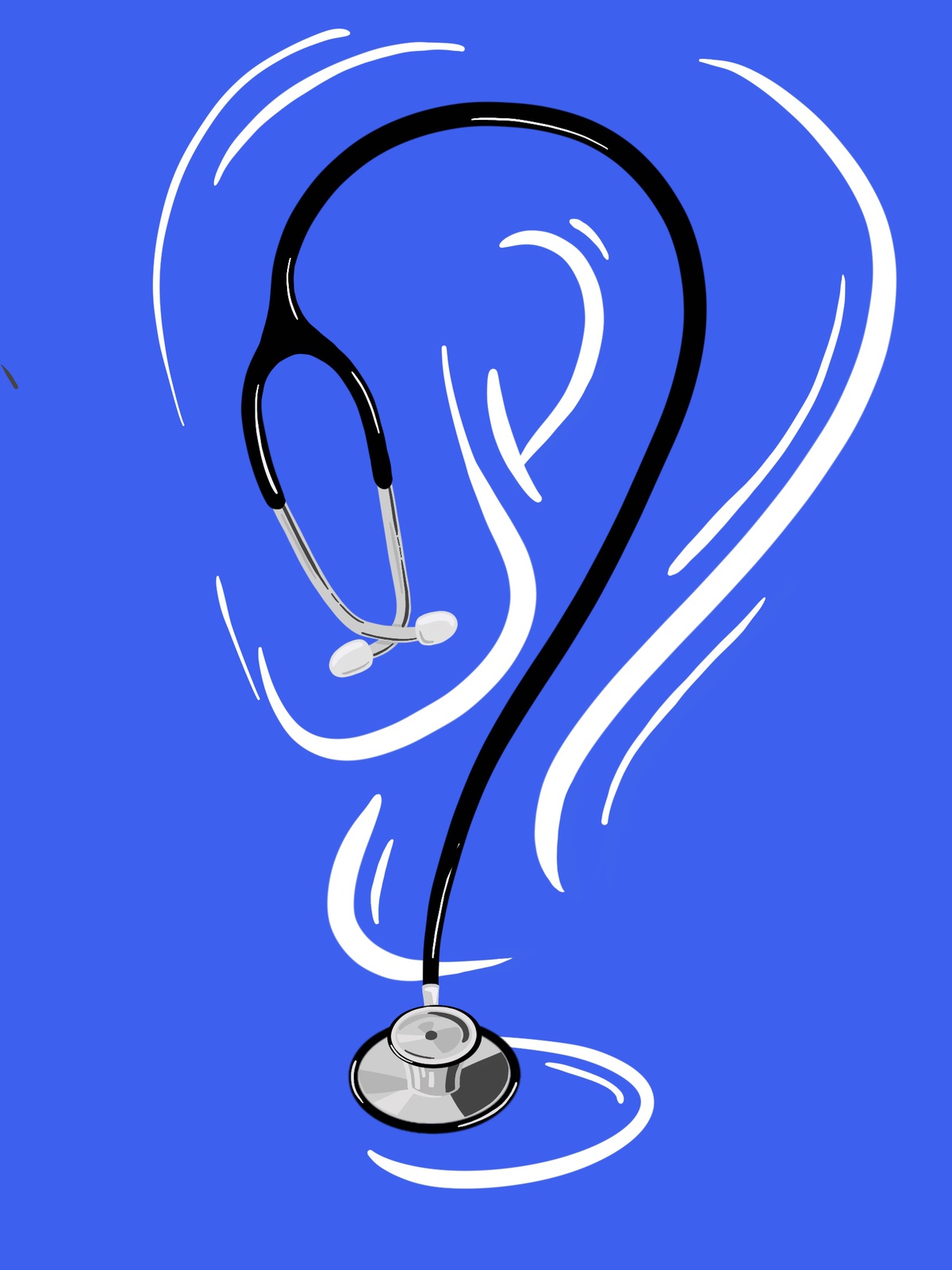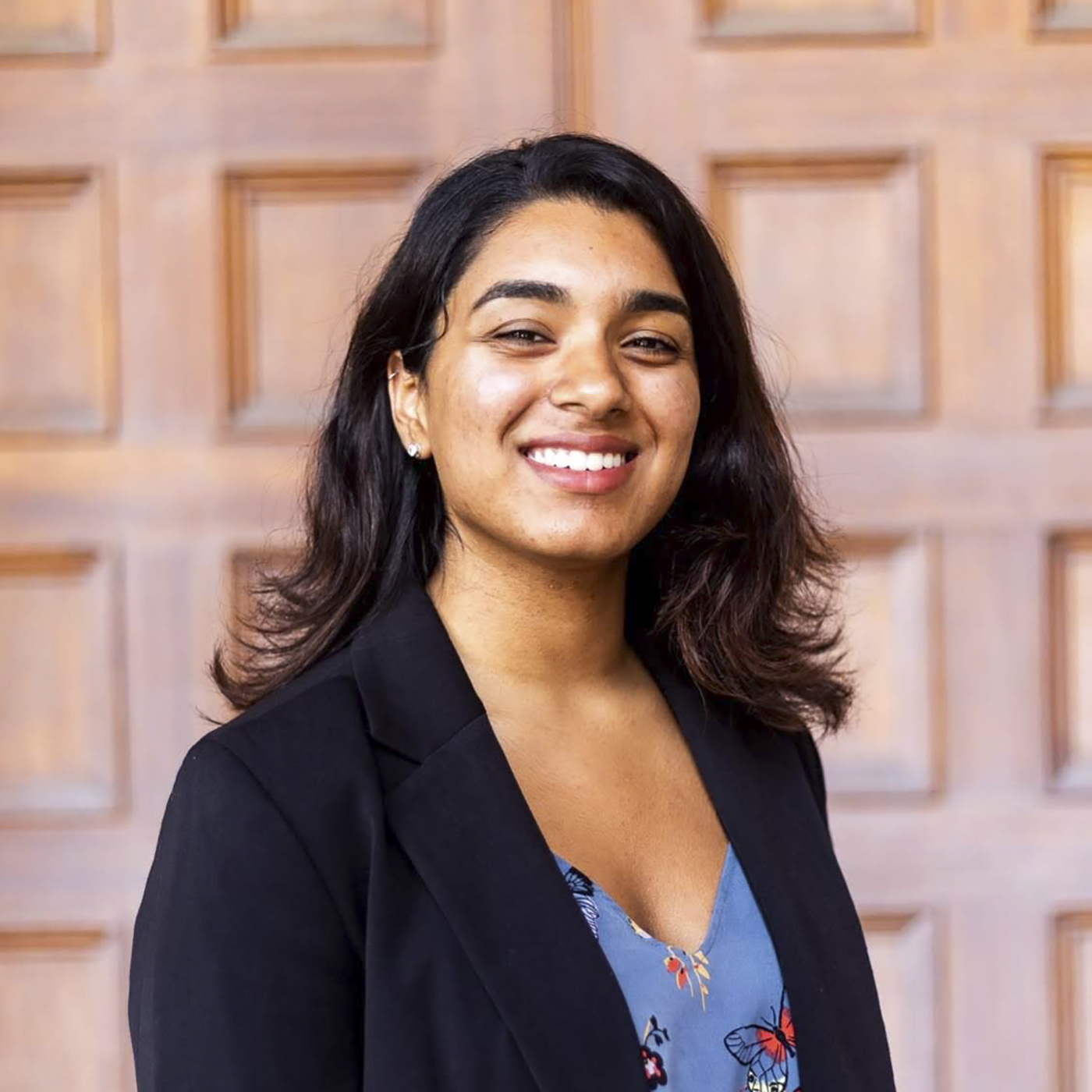Graduating UCLA students unequipped for life outside UC SHIP

(Andrea Grigsby/Illustrations Director)

By Navdeep Bal
Feb. 3, 2020 11:11 p.m.
Stonehenge, the Bermuda Triangle and health insurance policies are just some of the mysteries nobody really understands.
According to CNBC, only 4% of Americans understand basic terms related to health insurance, such as premiums, deductibles, copays and out-of-pocket maximums. A survey published in the Journal of Health Economics found that only 11% of people were able to accurately determine the cost of a four-day hospital visit, even when given all the necessary information.
And if grown adults are that confused, it’s not hard to imagine the plight of recent college graduates.
It comes as no surprise that UCLA students are currently unequipped to understand the intricacies of health insurance, especially those inching toward graduation. Between losing University of California Student Health Insurance Plan, leaving their family plan and seeking employers with medical coverage, this lack of preparation can have extremely detrimental consequences to both health and finances down the road.
Luckily, their university has the resources to provide that preparation – they just need to step up and offer it.
UCLA could offer a simple workshop or program through the Arthur Ashe Student Health and Wellness Center to convey health insurance options for currently enrolled students – specifically, upcoming graduates. Topics could include basic knowledge about health insurance terms and the variety of plan options, along with information about the process, so that students can make smart, informed decisions later on.
The university offers many courses in astrophysics – and creating a workshop about health insurance shouldn’t be rocket science.
Considering UCLA already provides materials about debt and finance management, it could easily use the same model to provide information that has life or death consequences.
Megan Lawless, a second-year business economics student, said students don’t often discuss or consider health insurance.
“You take it for granted when it’s just given to you and your parents have it, but once you’re on your own and independent, there’s so many things you have to deal with that you never thought about before, like health insurance, or paying your taxes or paying bills,” Lawless said. “It would just be easier to facilitate that transition if there were workshops or we got some prior knowledge before graduating.”
And while the solution is simple, the consequences are not.
Many Americans end up overpaying for insurance because of complex language and tricky fine print. A report by the Department of Health and Human Services found that over 70% of consumers could have found a cheaper plan in their metal level category, which determines how costs are split between the person and the insurance company, if they would have known to switch their plan.
And UCLA students should not plan on options provided by future employment.
The 2015 Aflac Open Enrollment Survey found 46% of employees picked medical insurance plans with high deductibles and 59% of these people said that these plans were financially detrimental to them and their families.
Gerald Kominski, a professor of health policy and management and a senior fellow at the UCLA Center for Health Policy Research, says that more can be done to help improve health insurance literacy.
“We don’t do a good job of helping people across the broad spectrum of education and income fully understand what the options are, and what the benefits are, when they buy a policy,” Kominski said.
For many, the lack of understanding and high costs means forgoing health insurance altogether. According to a report by the Missouri Foundation for Health, 20% of those uninsured failed to receive necessary medical care for serious conditions.
Twenty-somethings tend to feel invincible when it comes to their health.
But the risk is there, especially for young men. A 2019 study by the UCLA Center for Health Policy Research found that 26% of men did not have a constant source of health care. However, expansions by the Patient Protection and Affordable Care Act have helped lower this gender gap.
Luckily, education can help fix some of these problems.
A study found that when given eight choices, only 21% of people were able to pick the lowest costing plan, but after being given a tutorial, their chance increased to 75%.
“We could do a much better job of holding the insurers accountable for producing easily understandable language about their policies and the benefits that are in those policies for people to do comparative shopping,” Kominski said.
First-years are forced to make decisions regarding private health insurance and UC SHIP before they even start school, and many are lost when it comes to comparing the costs and benefits.
All this confusion is only over two options. After graduation, Bruins will be faced by hundreds of choices when it comes to type, company and plan.
In an emailed statement, the Ashe Center said it takes health care education seriously but does not currently offer a formal workshop on health insurance.
“While assisting students with post-graduation coverage is not a formal offering of our Insurance Office, our staff go out of their way to be helpful to students who are looking for information or assistance in this regard,” said a spokesperson for the Ashe Center.
Of course, concerns about health insurance post-graduation isn’t on most students’ radars, especially during midterm season. UCLA obviously can’t prepare students for every problem, but they can easily provide information for such a vital one. And providing a simple, optional workshop could help lower health insurance illiteracy for students who will soon be confronted with major medical decisions.
Understanding health insurance policies is crucial for Bruins leaving campus behind.
Because if they twist an ankle walking across the graduation stage, UC SHIP might not be able to cover them anymore.

